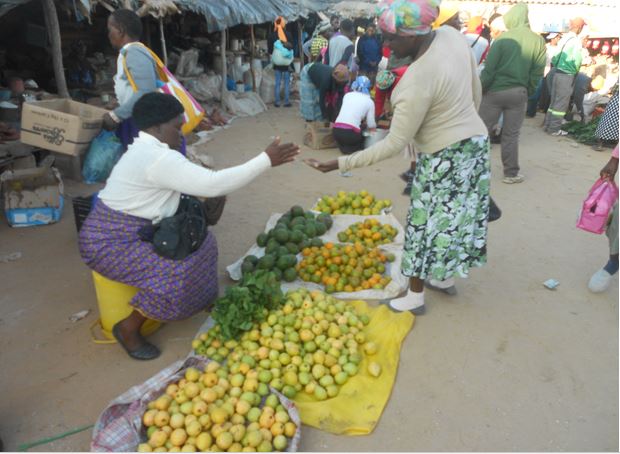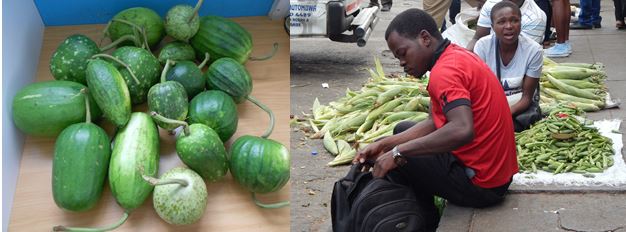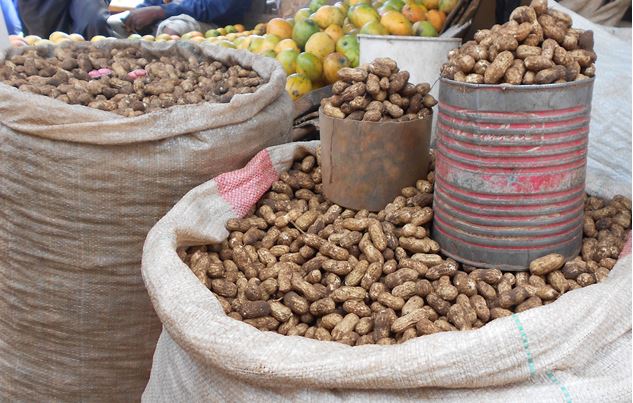Cultivating the power of real-time awareness
As agricultural value chains in developing countries become over-crowded and hyper-competitive, real-time awareness has never been so important. While digital technology is being presented as a solution, more efforts have to go into ensuring information satisfies the needs of farmers, traders and other value chain actors who want to engage in evidence-informed decision making. Many Read more about Cultivating the power of real-time awareness[…]









